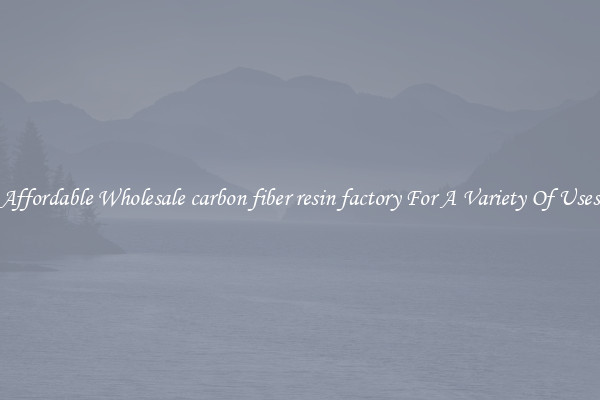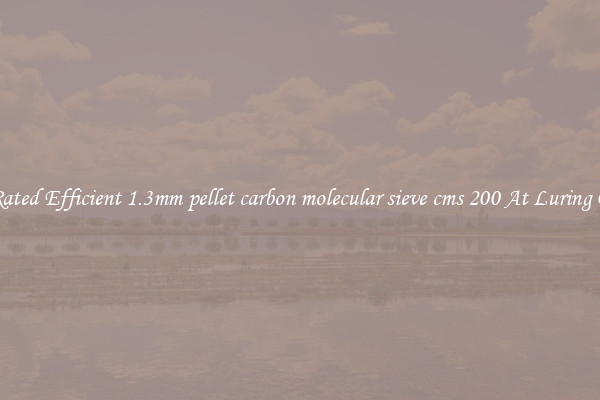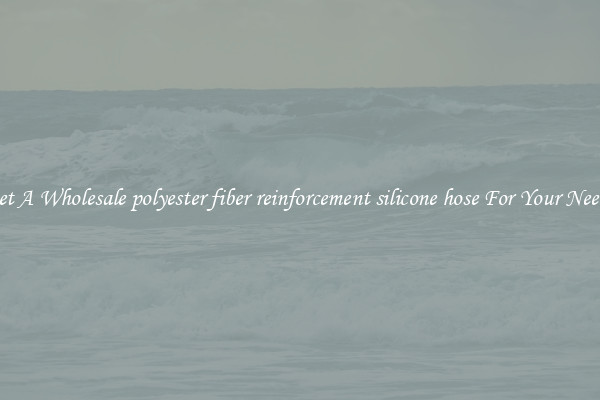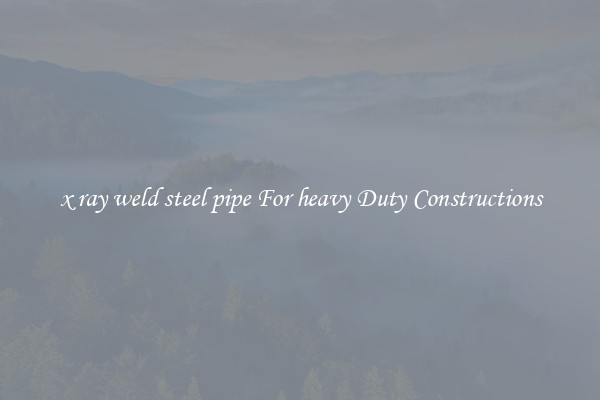Buy plain weave carbon fiber shaft In Its Activated Or Processed Form
Carbon fiber is a highly versatile material that has revolutionized various industries, including aerospace, automotive, and sports equipment manufacturing. Its exceptional strength-to-weight ratio, durability, and resistance to corrosion have made it a popular choice for a wide range of applications. One essential component made from carbon fiber is the shaft.
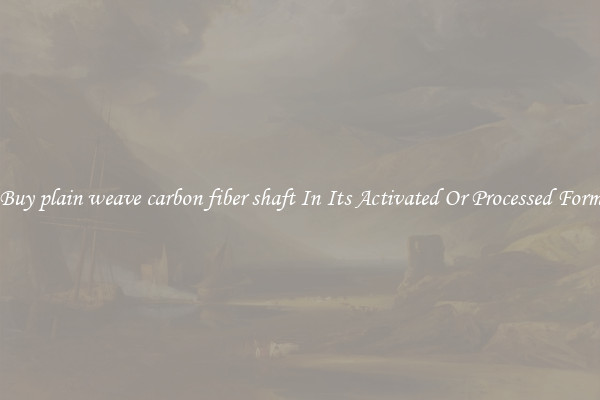
When it comes to carbon fiber shafts, the most common type is the plain weave carbon fiber shaft. This shaft is formed by arranging carbon fibers in a crisscross pattern, resulting in a uniform appearance with a checkerboard-like design. This specific weaving technique ensures maximum strength and durability for the shaft.
The process of activating or processing plain weave carbon fiber shafts involves subjecting them to high temperatures and pressure. This process is known as carbonization. During carbonization, organic materials bind the carbon fibers together, converting them into a stable carbon matrix. As a result, the carbon fiber shafts gain enhanced mechanical properties, high stiffness, and excellent resistance to bending and compression forces.
One of the main advantages of buying plain weave carbon fiber shafts in their activated or processed form is their increased strength. Through the carbonization process, the shafts become even more rigid and durable, ensuring optimal performance and reliability in various applications. Whether it is used in aerospace components, automotive parts, or sports equipment like hockey sticks or golf club shafts, the activation process significantly improves the performance capabilities of plain weave carbon fiber shafts.
Furthermore, the enhanced stiffness of activated carbon fiber shafts allows for better power transfer and increased precision. This is particularly crucial in industries where precision and accuracy are paramount, such as in the aerospace and automotive sectors. The activated carbon fiber shafts provide exceptional resistance to deformation, ensuring consistent and reliable performance under challenging conditions.
Moreover, the activated plain weave carbon fiber shafts also exhibit excellent resistance to corrosion and fatigue. Unlike traditional materials like steel or aluminum, carbon fiber does not rust or corrode, making it ideal for applications in harsh environments or under constant exposure to moisture. Additionally, the fatigue-resistant properties of activated carbon fiber shafts ensure a longer lifespan, reducing the need for frequent replacements and maintenance.
In conclusion, plain weave carbon fiber shafts in their activated or processed form are an excellent investment in various industries. Their enhanced strength, stiffness, and resistance to bending and compression forces make them an ideal choice for critical applications. Moreover, their corrosion resistance and fatigue-resistant properties guarantee long-term durability and reliability. So, whether it is for aerospace, automotive, or sports equipment manufacturing, opting for activated plain weave carbon fiber shafts will undoubtedly deliver exceptional results.
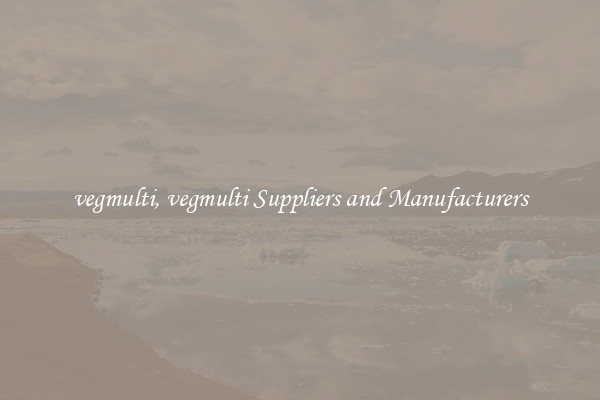
View details

View details

View details

View details
